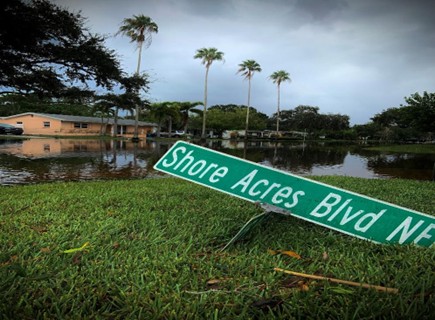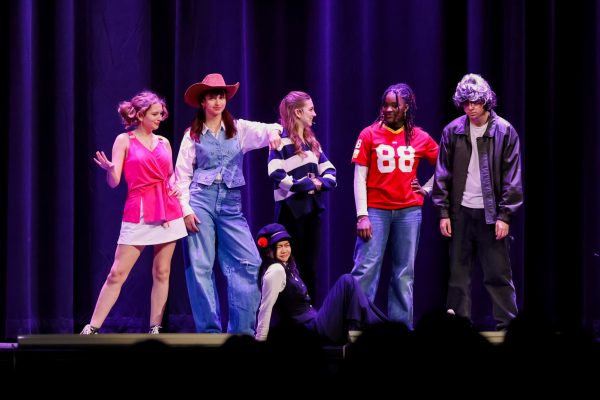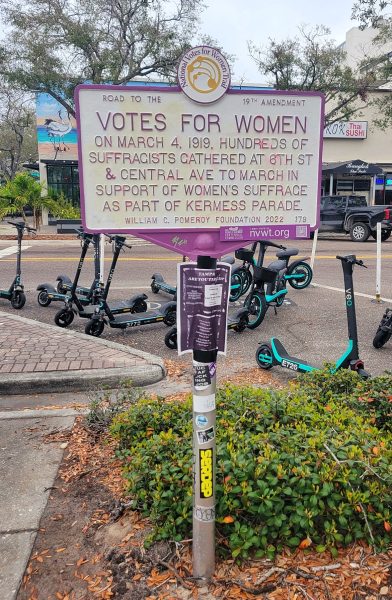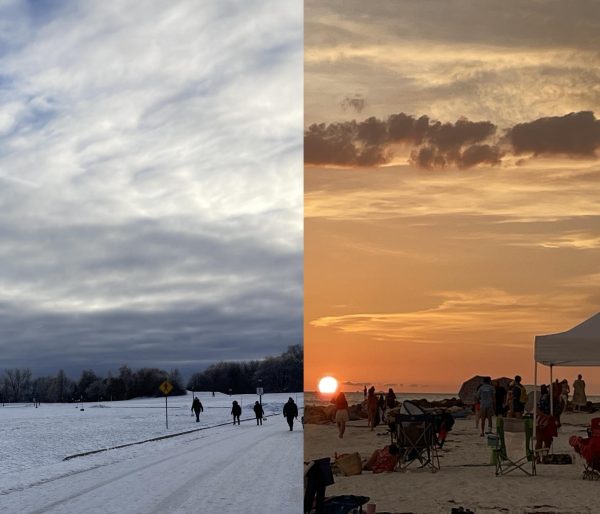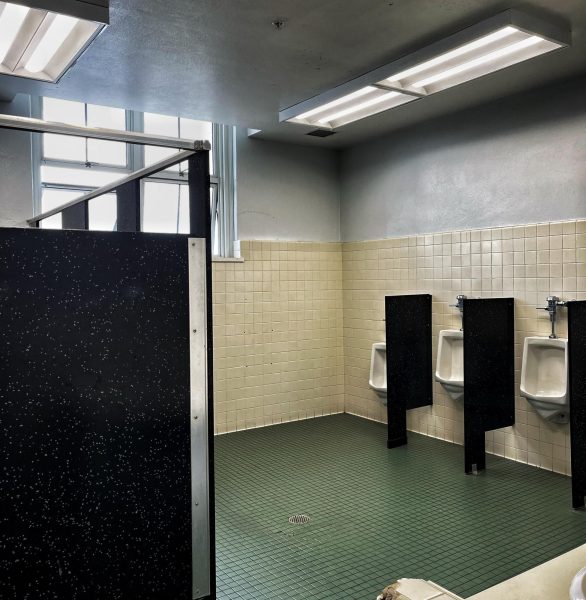Book Banning
How School Libraries are Becoming a Political Battleground
The basis of publicly supplied literature is being questioned in schools all across America as groups challenge books containing topics of race, gender, and sexual identity. Policies are going as far as encouraging parents to submit criminal reports on books and press charges on schoolteachers and librarians. In Ridgeland, Mississippi the mayor withheld funds from Madison County libraries until all books containing L.G.B.T.Q. themes were removed from the libraries.
Not only does book banning disadvantage young readers, but it also puts teachers to the task of lesson planning on an uncertain, erratic curriculum, cultivating a fearful workplace where teachers must discriminate between censorship while risking their jobs. Not to mention the very values of good literature are the morals and critical thinking it instills. All the best major works tackle issues of identity, whether gender, class, or race, authors shed light on the crucial matters of the modern and ever-evolving world.
The American Library Association accounts 330 reports of challenges on literature just last fall; each report can challenge multiple books. By denying children of literature depicting systemic struggles within our society, a generation is deprived of unique and less represented views. It is essential for children of all communities and identities to have access to inclusive and relatable media so as not to alienate and discriminate. After all, why should only the most privileged and least marginalized people receive representation?
The ill effects of censorship in education show the regression in society as inclusive topics are selectively targeted, labeled as an attempt to stop the spread of a radical agenda, but actually unfurling discrimination and stripping the youth of exposure to the illustrative beauty of literature. How can it be ensured this censorship does not evolve from book banning to book burning?



